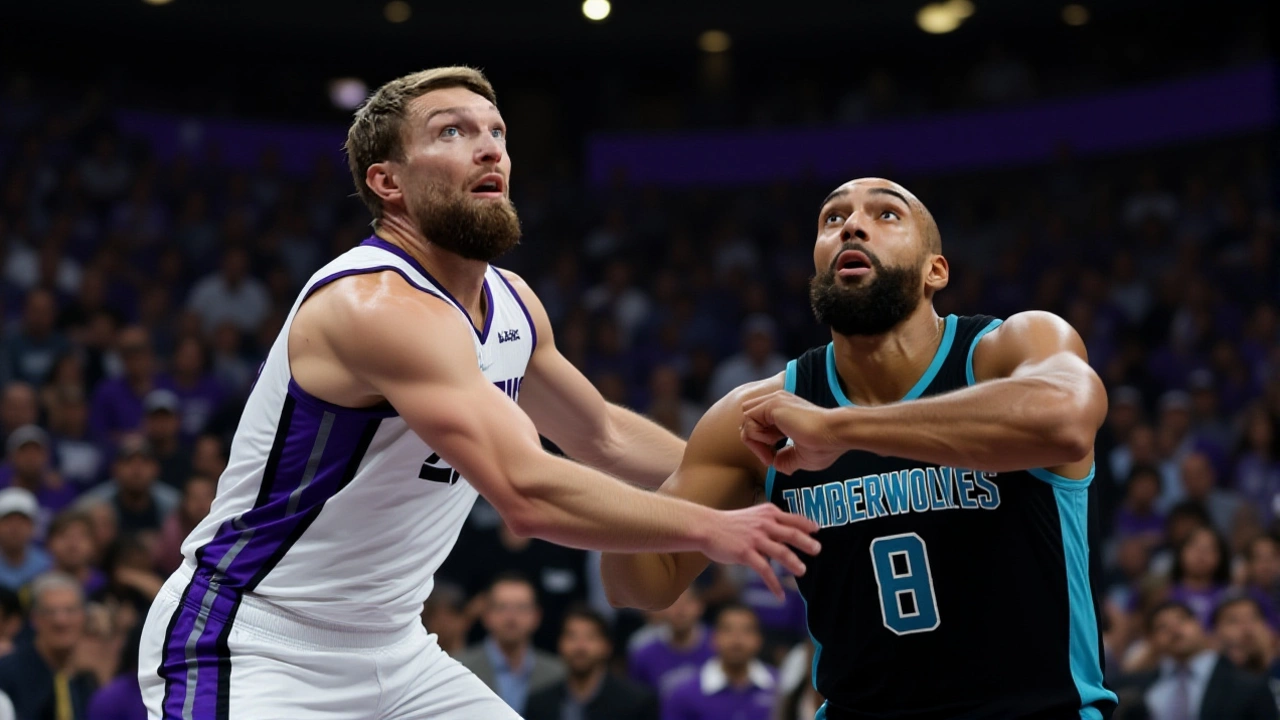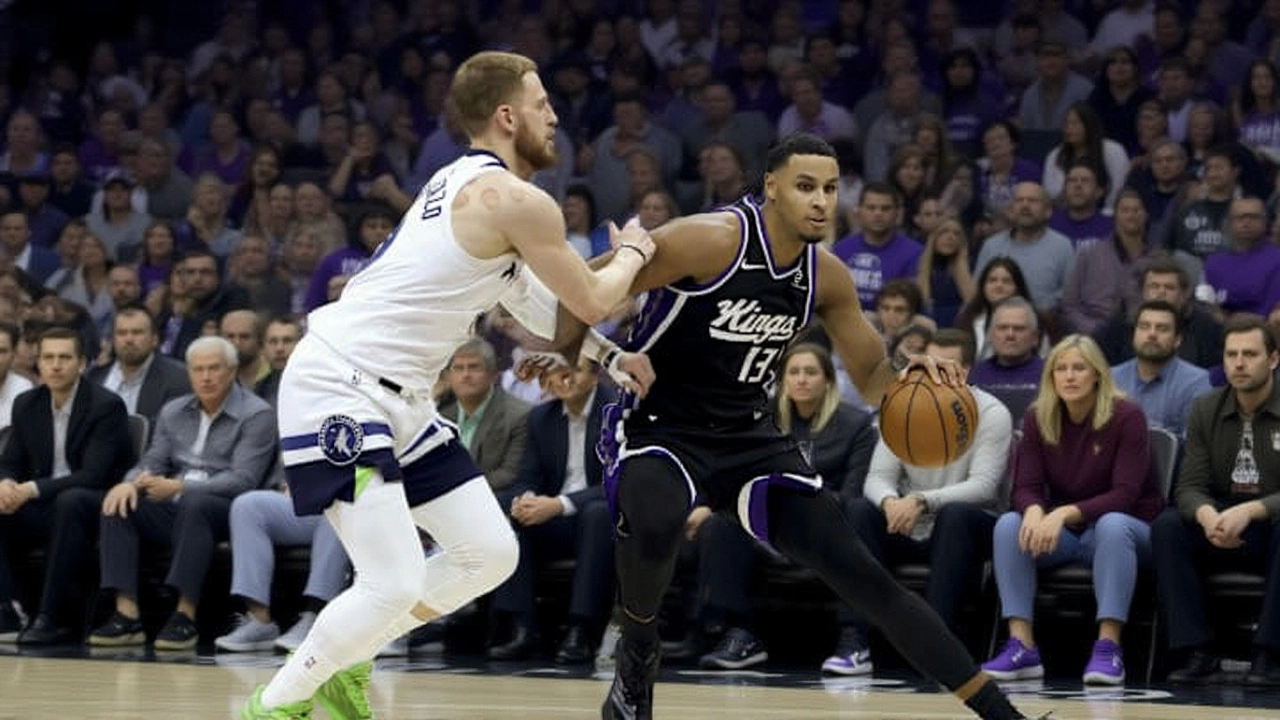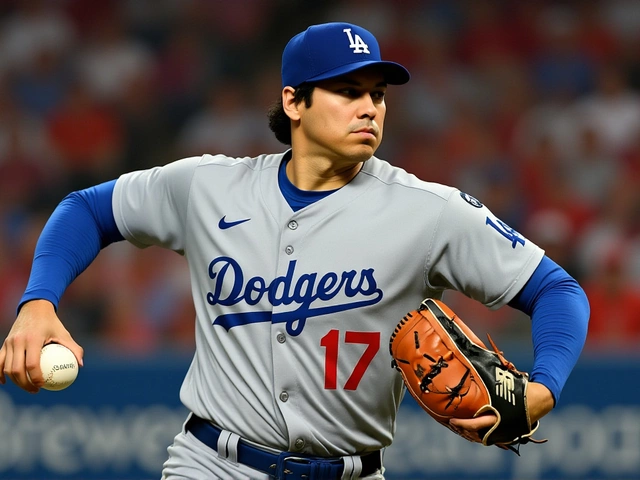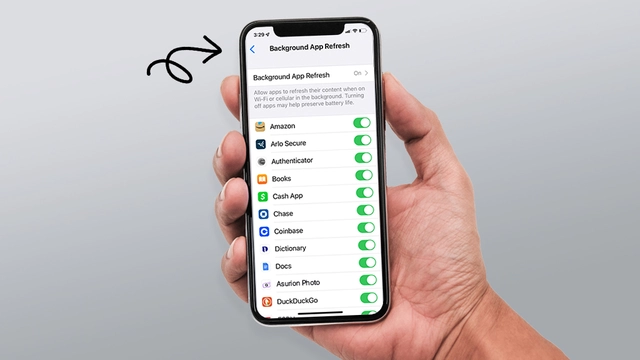The Sacramento Kings didn’t just win on Monday night—they survived. Down by 10 points with three minutes left against the Minnesota Timberwolves, they clawed back, tied it on DeMar DeRozan’s two free throws with 34 seconds left, and then outlasted a stunned Minnesota squad 117-112 in overtime at Golden 1 Center in Sacramento. The win wasn’t just a break in their losing streak—it was a statement. After eight straight losses, the Kings had already snapped it with a win over the Denver Nuggets two nights prior. But this? This felt different.
A Collapse in Real Time
The Minnesota Timberwolves looked poised to extend their winning momentum. With Anthony Edwards dominating—43 points, 7 rebounds, and a relentless drive to the rim—they led 101-91 with 3:02 remaining. Fans in Minneapolis were already planning their postgame tweets. But then came the unraveling. Edwards missed a contested jumper. DeRozan, ice in his veins, sank two more free throws to tie it. The final possession of regulation? A scramble. DeRozan and Malik Monk missed. The clock hit zero. Overtime. And the Timberwolves? They looked like a team that had already lost.
This wasn’t the first time Minnesota had choked. Just three days earlier, they blew an eight-point lead with under a minute left against the Phoenix Suns, losing 114-113. Now, they’d done it again. The pattern is clear: when the pressure mounts, the Timberwolves’ composure evaporates. Their defense, usually aggressive, turned passive. Their ball movement froze. And Edwards, for all his brilliance, was left carrying too much alone.
DeRozan’s Masterclass
There’s a reason DeMar DeRozan is one of the most respected closers in the NBA. On Monday, he didn’t just score 33 points—he was flawless. Fifteen for fifteen from the free-throw line. No air balls. No clanks. Just cold, calculated efficiency. He didn’t need to force threes or flashy moves. He worked the mid-range, drew fouls, and delivered when it mattered. His leadership was quiet but deafening. When the Kings needed someone to take control, DeRozan did. And he didn’t look like a 35-year-old veteran playing through fatigue. He looked like a man who remembered what it felt like to win.
Keegan Murray’s Breakout Moment
But the real story? Keegan Murray. The 22-year-old forward, once labeled a project, turned into the game’s most relentless force. He finished with 26 points, 14 rebounds, and five offensive boards—many of them in the paint, where the Kings shot 56% in the first half, according to NBC Sports California. His defense on Edwards in the final minutes was physical, smart, and surprisingly effective. One YouTube highlight, timestamped at 519 seconds, showed Murray forcing Edwards into a tough, contested layup that barely rattled in. It wasn’t a block. It wasn’t a steal. It was a statement: I’m not backing down.
Commentators on NBC Sports Bay Area & California called it “an inflection point.” And they weren’t wrong. Murray’s performance wasn’t just about stats—it was about presence. He played 41 minutes. He never looked overwhelmed. He embraced the chaos. For a franchise that’s spent years waiting for a homegrown star to emerge, this might be the night it finally happened.

What This Means for Both Teams
The Kings’ record improved to 5-13. It still looks bad. But they’ve now won two in a row. They’ve shown resilience. They’ve shown they can win close games without relying on luck. For a team that’s been written off since October, that’s progress. And for Sacramento Kings fans? It’s hope. Real, tangible hope.
For the Timberwolves? The 10-7 record looks solid. But their late-game collapses are becoming a narrative, not an anomaly. They have talent—Edwards is a superstar in the making, Julius Randle and Donte DiVincenzo are capable scorers. But they lack poise. They lack a true closer. And now, with the Western Conference tightening, those flaws will be punished. They lost to a team that had been on the brink of irrelevance. That’s dangerous.
What’s Next?
The Kings host the Portland Trail Blazers on Wednesday. The Timberwolves travel to Los Angeles to face the Clippers on Thursday. For Sacramento, the question isn’t just about wins—it’s about whether they can sustain this energy. Can Murray keep playing like this? Can DeRozan stay healthy? Can their bench, which contributed just 22 points in this game, step up?
For Minnesota, the pressure is mounting. Can they fix their end-of-game execution before the All-Star break? Will coach Chris Finch make adjustments, or will the team keep relying on Edwards to carry them through mistakes? One thing’s clear: the Timberwolves are a top-5 team on paper. But on the court, they’re still searching for their identity.
Frequently Asked Questions
How did DeMar DeRozan manage to go 15-for-15 from the free-throw line in such a high-pressure game?
DeRozan’s perfect 15-for-15 performance came from years of disciplined routine and mental focus. He doesn’t rely on athleticism—he trusts his mechanics. In the final minutes, with the game on the line, he took slow breaths, visualized each shot, and avoided overthinking. This isn’t luck; it’s preparation. He’s one of only 12 players in NBA history to make 15+ free throws in a game without a miss.
Why is Keegan Murray’s performance considered a turning point for the Kings?
Murray, the 2022 No. 7 pick, had struggled with consistency and confidence through his first three seasons. His 26-point, 14-rebound game against a playoff-caliber team like Minnesota showed he can dominate physically and mentally under pressure. Analysts say this could be the moment he transitions from role player to franchise cornerstone—especially if he builds on this momentum over the next 10 games.
What’s the significance of the Timberwolves’ two straight late-game collapses?
Losing to the Suns and then the Kings after holding double-digit leads with under three minutes left reveals a deeper issue: mental fragility. Teams that win championships don’t fold under pressure. The Timberwolves have the talent—but without better execution in crunch time, they risk being seen as playoff pretenders, not contenders. Their 10-7 record is misleading; their clutch stats rank 27th in the NBA.
How does this win impact the Kings’ playoff chances?
The Kings are still 8.5 games out of the 8th seed in the West. But momentum matters. Two straight wins, especially against teams with winning records, can shift locker room culture and attract trade interest. If they can string together four wins in their next six games, they’ll be back in the conversation. This win wasn’t about the record—it was about belief.
Where did this game rank among the most dramatic comebacks in Kings history?
It’s top five in the last 20 years. The Kings’ largest comeback win since 2004 was a 16-point rally against the Lakers in 2017. This 10-point comeback in overtime, against a team with a winning record and a star like Edwards, ranks among their most impressive. For a franchise that hasn’t won a playoff series since 2006, moments like this are the foundation of a new identity.
Did the Timberwolves’ injuries play a role in their collapse?
While no major injuries were reported, key rotation players like Russell Westbrook and Denzel Valentine played limited minutes and didn’t contribute offensively. The Timberwolves’ bench scored just 19 points, compared to Sacramento’s 34. That lack of depth became glaring in overtime, when Minnesota’s starters were exhausted and had no reliable scoring options beyond Edwards.




